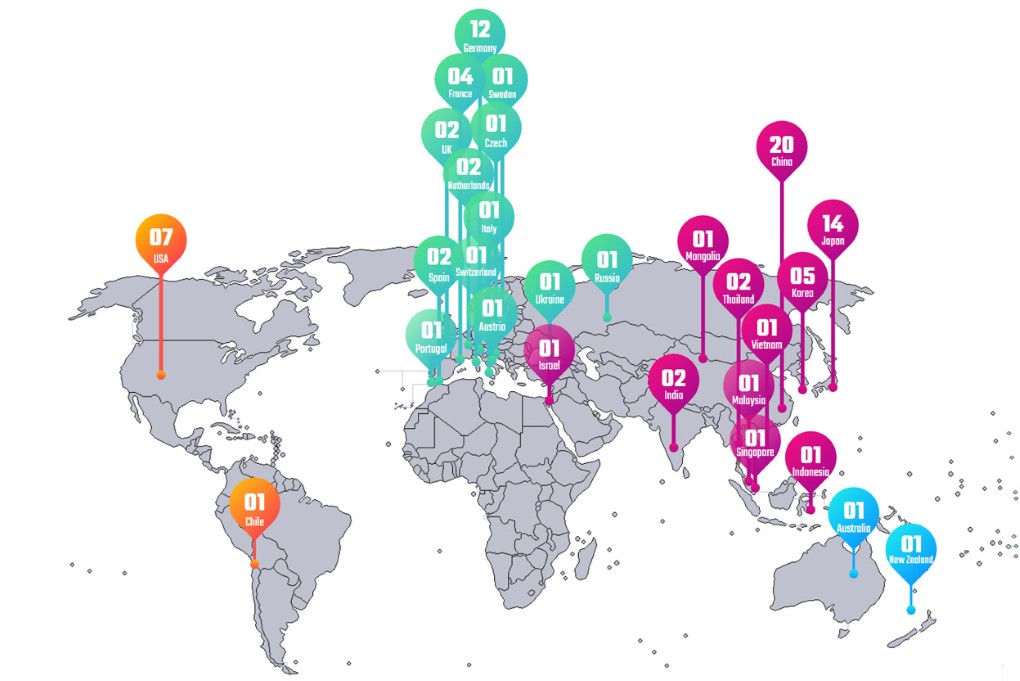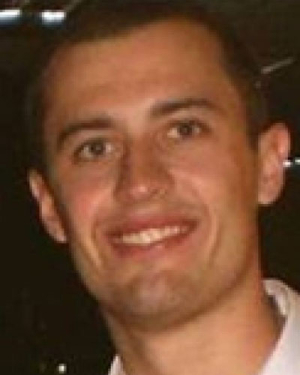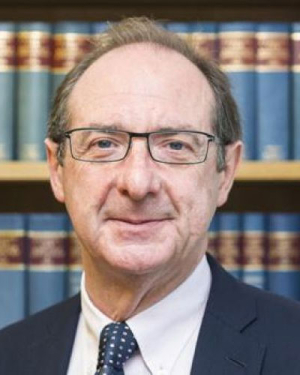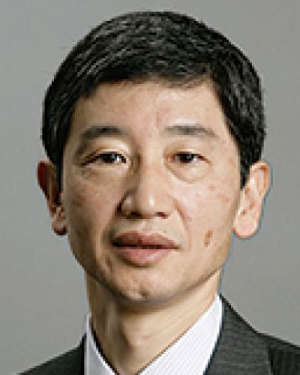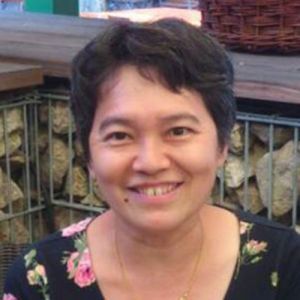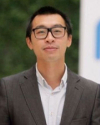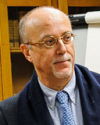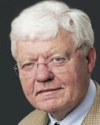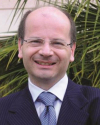eng (601)
Children categories
Summer Program (7)
College of Law Summer Program provides three weeks of intensive and substantial courses about international trade law and practice. Our top-notch instructors along with the high academic quality of our courses even allow you to obtain school credits. It is an excellent opportunity for students to familiarize themselves with theoretical and practical knowledge about international trade law and lawyering.
Additional Info
- Visiting Term Spring 2017
-
Course
Seminar on American Constitutional Law Media Law, New Technology, and Constitutional Rights
(美國憲法專題、媒體法新技術與憲法權利、國際身心障礙者權利法)
Additional Info
- Home Institute University of Oxford
- Visiting Term Spring 2017
- Profile https://www.law.ox.ac.uk/people/william-swadling
-
Course
Introduction to the Common Law Trust
(信託法導論)
Additional Info
- Home Institute WASEDA University
- Visiting Term Spring 2017
- Profile https://researchers.waseda.jp/profile/ja.47e52ea18f40b8143fd0e321626d9b6e.html
-
Course
Seminar on Japanese Law
(日本法專題研究一)
Additional Info
- Home Institute University of Oxford
- Visiting Term Spring & Fall 2017
- Profile https://www.law.ox.ac.uk/people/mindy-chen-wishart
-
Course
Philosophical Foundations of Contract Law
(契約法之哲學基礎)
Additional Info
- Home Institute University of Houston Downtown
- Visiting Term Fall 2016
- Profile https://www.uhd.edu/academics/public-service/criminal-justice/Pages/hsiao-ming-wang.aspx
-
Course
White Collar Crime
(白領犯罪)
More...
Additional Info
- Home Institute International Rehabilitation Council for Tortured Victims
- Visiting Term Fall 2016
-
Course
Seminar on Transitional Justice and International Human Rights
(轉型正義與國際人權專題研究)
Additional Info
- Home Institute Universitat de València
- Visiting Term Fall 2016
- Profile https://www.uv.es/uvweb/universidad/es/ficha-persona-1285950309813/Persona.html?id=1285962960128
-
Course
Harmonization of Private Law in the European Union
(歐盟國際私法)
Additional Info
- Home Institute Bucerius Law School
- Visiting Term Fall 2016
- Profile https://www.law-school.de/deutsch/lehre-forschung/lehrstuehle-professoren/prof-dr-hans-bernd-schaefer/
-
Course
Law and Economics in Civil Law countries with cases from German courts
(歐陸法國家之法律與經濟)
Additional Info
- Home Institute Università Cattolica del Sacro Cuore
- Visiting Term Fall 2016
- Profile http://docenti.unicatt.it/ita/pierpaolo_marano/
-
Course
Introduction to the Insurance Regulation of the European Union
(歐盟保險法導論)
Page 36 of 43


